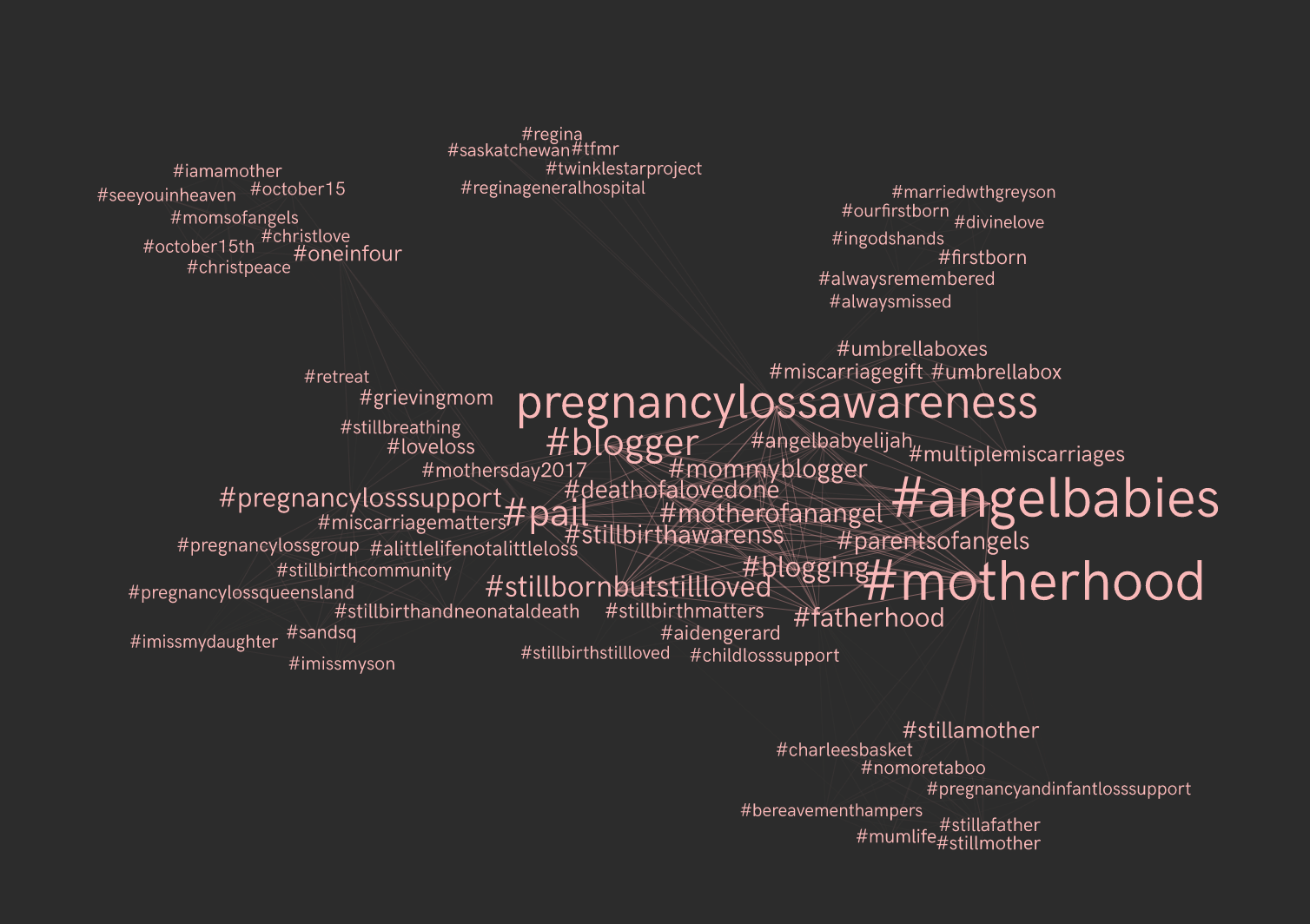researchers:
Research question: How is illness storytelling shaped by digital culture?
Social media gives shape to new forms of public illness storytelling while simultaneously reinvigorating humanistic concerns about the sequestration of pain and death and their place in digital culture. One finds that memes, hashtags, and selfies are now vehicles to speak about traumatic body experiences and grief, while participatory features redraw issues of voice and agency. These contemporary illness stories are also rich in web metadata, circulate online, and are algorithmically ranked in platforms, where they reassemble at the touch of a refresh button. This project engages with this emerging phenomenon from the perspective of new media scholarship and digital methods, which are digitally native techniques for doing research with social media data. It thus asks, how is illness storytelling shaped by digital culture and vice-versa? How can empirical studies be operationalized so as to bring theories and concerns from illness narratives and the health humanities into large datasets of social media data? Can ‘methods of the medium’ such as tagging, ranking, and so-called social connections be involved and repurposed in the analysis? Which is ultimately also to ask, what can digital methods offer the cultural study of illness?




 Back
Back